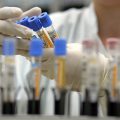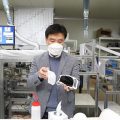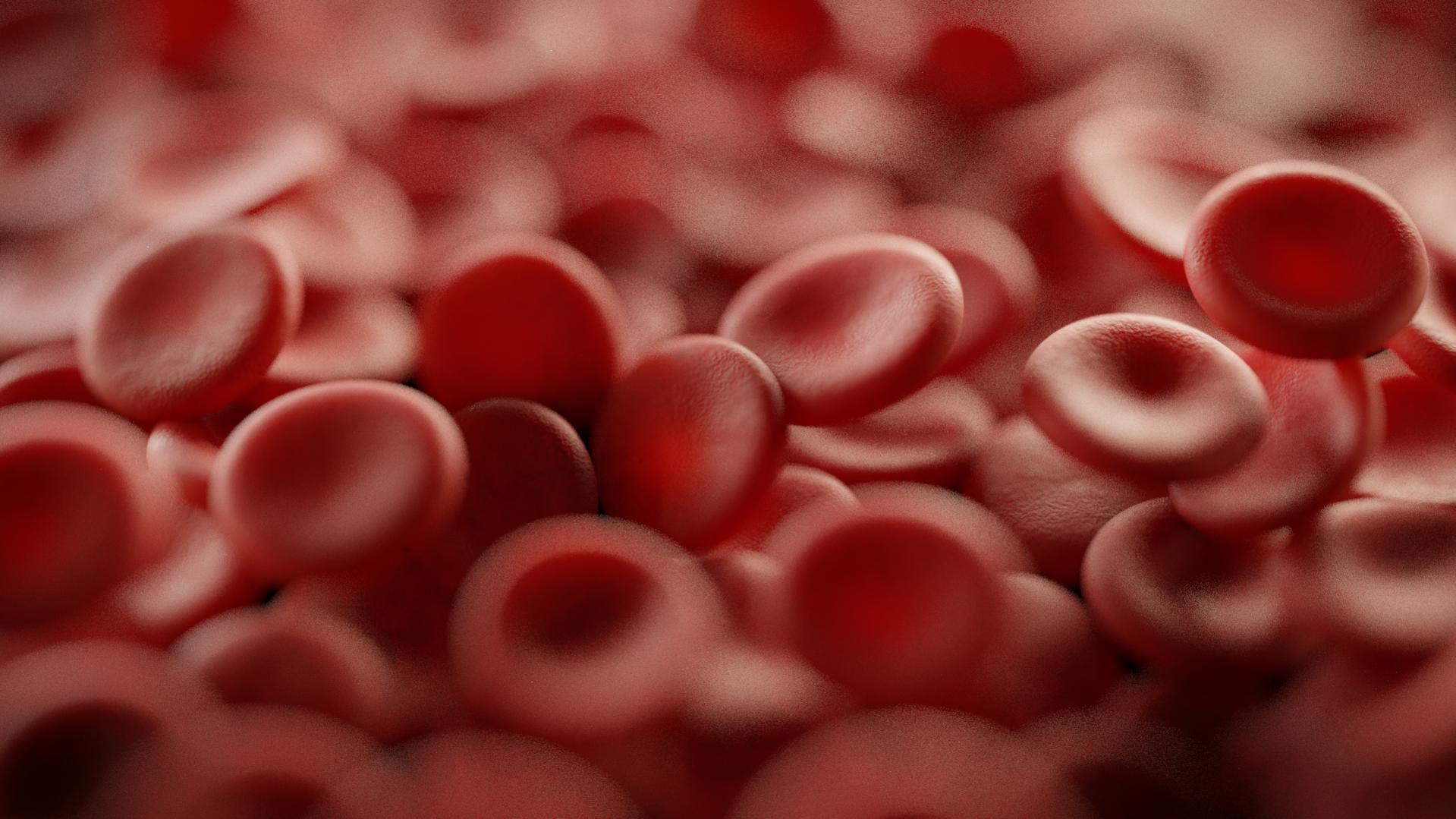
Researchers have developed synthetic red blood cells that not only completely mimic all the properties of natural, but also have a number of new therapeutic abilities.
The main function of red blood cellsconsists in transporting oxygen from the lungs to the tissues of the whole body. Each such cell contains millions of hemoglobin molecules, has high elasticity to squeeze through the narrowest capillaries, and is coated with a special protein that protects against attacks of the immune system.
Previous versions of artificialred blood cells had only one or moresigns of natural, but not all at once. However, a team of scientists from the American Chemical Society have developed a technology for creating a full-fledged synthetic analogue that is capable of performing other useful functions.
For this, the researchers first coveredhuman donor red blood cells with a thin layer of silica, on top of which positively and negatively charged polymers were applied. Then the team etched silica, creating flexible artificial copies of the cells, and coated their surface with membranes of natural red blood cells.
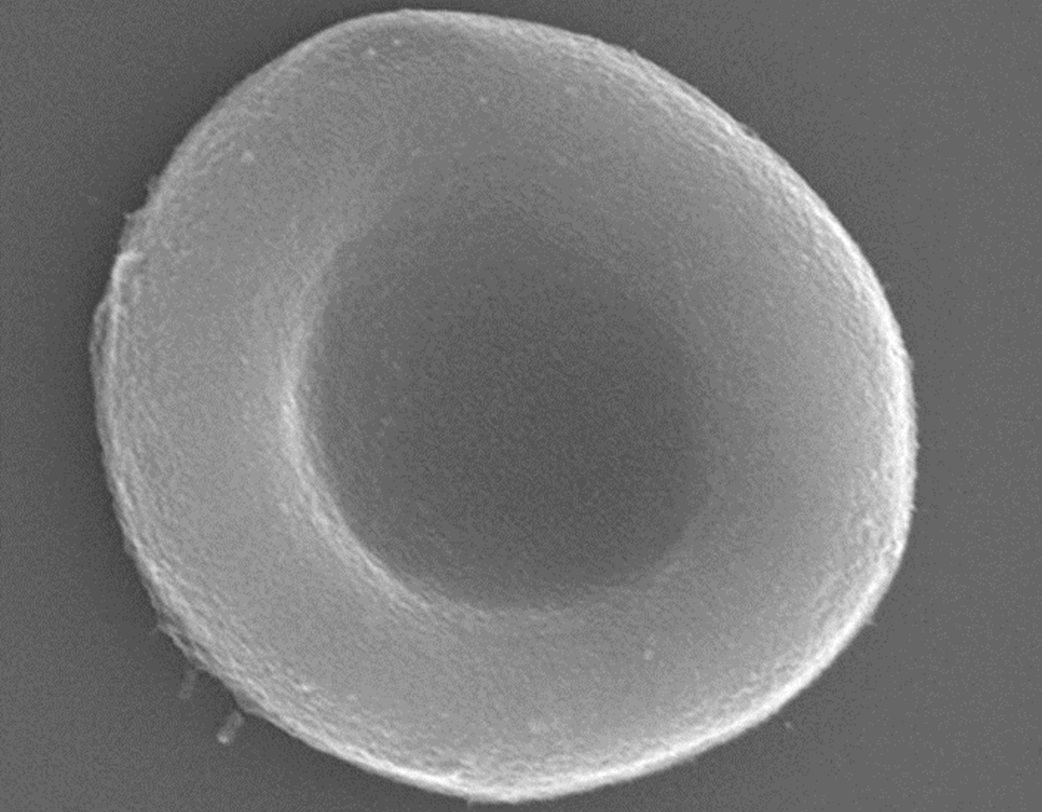
Size, shape, charge and surface proteinssynthetic analogues were identical to natural ones, and they could also squeeze through capillary models. After more than 48 hours in the blood of mice, they showed no noticeable signs of toxicity.
In further experiments, scientists placedhemoglobin molecules, anticancer drugs, toxin sensors and magnetic nanoparticles inside the created cells to demonstrate their ability to carry various loads and be remotely controlled. Among other things, synthetic red blood cells can serve as a bait for bacterial toxins.
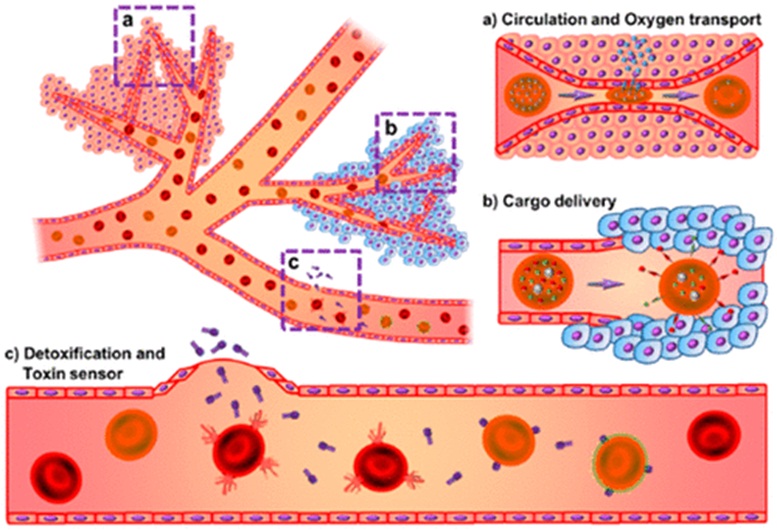
Earlier, we also reported the discovery of a protein that turns cancer cells into normal ones.
</p>